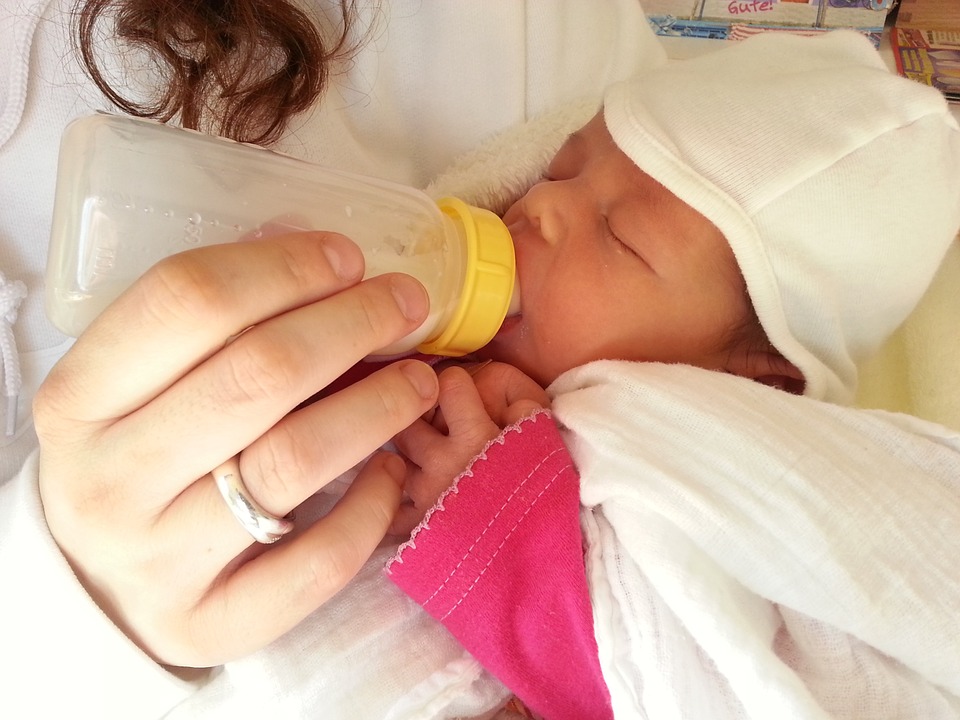
Nurturing Your Baby: Top Infant Feeding Advice
Ah, the joys and challenges of parenthood! If you’re a parent or caregiver in the United States, you know that infant feeding is a crucial aspect of caring for your little one. Ensuring that your baby receives proper nutrition and comfort during feeding is a top priority. In this comprehensive guide, we’ll share valuable tips and advice on infant feeding, helping you navigate this rewarding journey of nourishing and bonding with your precious bundle of joy.
The Importance of Infant Feeding
Infant feeding is more than just providing sustenance for your baby. It’s an opportunity for bonding, comfort, and promoting healthy growth and development. Here are some essential aspects to consider:
1. Breastfeeding or Formula Feeding
The first decision you’ll face is whether to breastfeed or formula feed your baby. Breastfeeding has numerous benefits, including essential nutrients and immune system support. However, formula feeding is a suitable alternative if breastfeeding is not an option.
2. Establishing a Feeding Schedule
Establishing a feeding schedule is crucial for both you and your baby. Newborns typically feed every 2 to 3 hours, but each baby is unique. Pay attention to your baby’s hunger cues, such as rooting, lip-smacking, and crying.
3. Holding and Positioning
Proper positioning during feeding ensures that your baby latches well and feeds comfortably. Experiment with different holding positions to find what works best for you and your baby.
4. Burping Your Baby
After each feeding, be sure to burp your baby to release any swallowed air. This helps prevent discomfort and reduces the risk of spit-up.
5. Bottle Feeding Tips
If you’re formula feeding or supplementing with bottles, choose the right bottle and nipple to suit your baby’s needs. Hold the bottle at an angle to minimize the intake of air.
6. Weaning and Introduction to Solids
As your baby grows, you’ll transition from exclusive milk feedings to introducing solids. Consult with your pediatrician for guidance on when and how to begin this exciting phase.
7. Avoiding Overfeeding
Pay attention to your baby’s cues to prevent overfeeding. Overfeeding can lead to discomfort and may contribute to excessive weight gain.
Tips for Successful Infant Feeding

Now, let’s delve into some practical tips for successful infant feeding:
1. Skin-to-Skin Contact
Skin-to-skin contact is a beautiful way to bond with your baby, especially during breastfeeding. This closeness offers comfort and a sense of security.
2. Feed on Demand
Responsive feeding, also known as feeding on demand, is recommended. This means feeding your baby when they show hunger cues rather than adhering to a strict schedule.
3. Proper Latching
If you’re breastfeeding, ensuring a good latch is essential. Your baby should take in both the nipple and areola to ensure efficient milk transfer.
4. Position Variety
Experiment with different feeding positions, such as the cradle hold, cross-cradle hold, and football hold, to find what’s most comfortable for you and your baby.
5. Adequate Hydration
Stay well-hydrated, especially if you’re breastfeeding. Proper hydration supports milk production and overall health.
6. Seek Professional Guidance
Don’t hesitate to seek help from a lactation consultant or pediatrician if you encounter difficulties with breastfeeding or feeding-related concerns.
7. Practice Safe Bottle Feeding
If you’re bottle-feeding, follow safe practices, such as sterilizing bottles and nipples and preparing formula according to the manufacturer’s instructions.
8. Introducing Solids
When it’s time to introduce solids, begin with single-ingredient foods and watch for any signs of allergies. Gradually introduce a variety of foods to expand your baby’s palate.
9. Listen to Your Baby
Your baby will communicate their needs through cues like rooting, sucking, and turning their head. Be attentive and responsive to these signals.
10. Be Patient and Enjoy the Journey
Infant feeding is a learning process for both you and your baby. Be patient, and remember that each baby is unique. Enjoy the bonding and nurturing experience.
In a Nutshell
Infant feeding is a profoundly rewarding journey filled with love, care, and the joy of nourishing your baby. Whether you choose breastfeeding or formula feeding, establishing a feeding schedule, or introducing solids, these tips and advice will help you navigate this exciting phase of parenthood with confidence. Remember, every baby is unique, and the key is to respond to their needs with love and care, fostering a strong and healthy start in life.
You May Also Like

5 Things Everyone Should Know About Stress Buildup As Teenagers
2022-04-18
The Best Things You Can Feed Your Kids
2022-01-07

